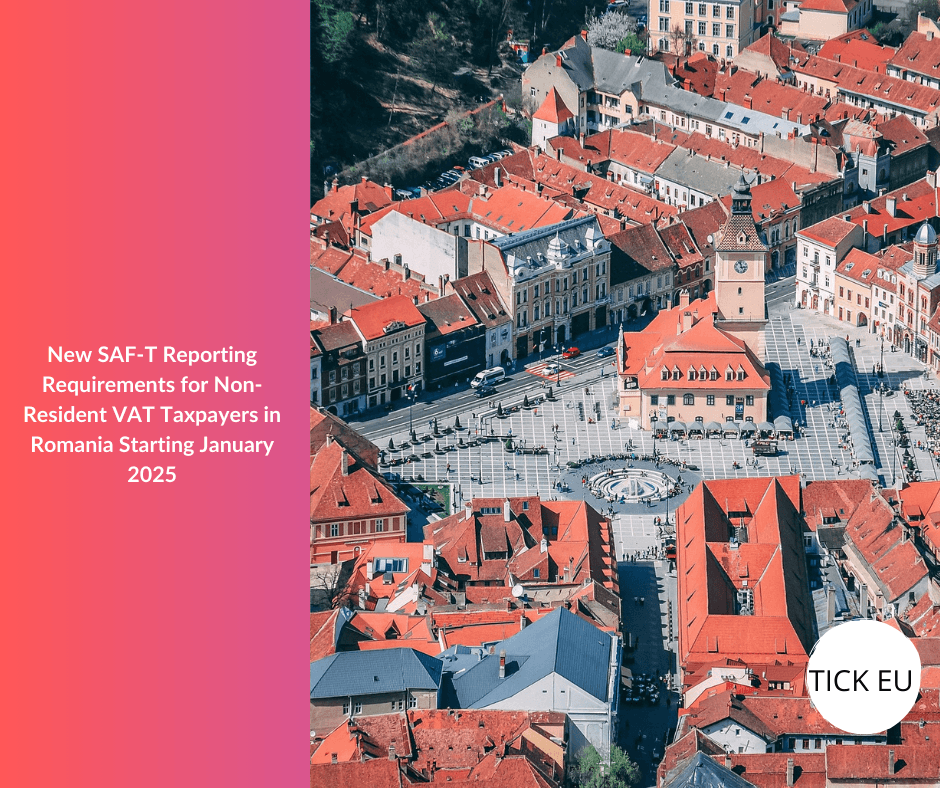Starting from January 2025, non-resident taxpayers registered for VAT purposes in Romania will be required to comply with new reporting obligations. Specifically, they will need to submit reports in the form of the Standard Audit File for Tax (SAF-T). This change is part of Romania’s broader efforts to improve tax compliance and streamline VAT reporting mechanisms, particularly through data-driven processes. For non-resident businesses, these new requirements introduce a range of key obligations that differ from those of resident taxpayers.
Key Differences in Reporting Requirements for Non-Resident vs. Resident Taxpayers
Although both resident and non-resident taxpayers must comply with VAT reporting standards, the SAF-T reporting requirements for non-residents focus on specific data points. Non-resident taxpayers will primarily need to submit information related to sales and purchase invoices, as well as tax codes. This contrasts with resident taxpayers who may have broader reporting obligations within the SAF-T framework.
The data contained in the SAF-T file will play a crucial role for Romanian tax authorities, especially for VAT reconciliation purposes. One of the main objectives of collecting this data is to support the generation of pre-filled VAT returns (e-VAT). By automating and centralizing VAT data, the Romanian government aims to simplify VAT compliance and reduce errors.
Deadlines, Grace Periods, and Penalties for Non-Compliance
Under the new rules, non-resident taxpayers must submit their SAF-T reports by the last day of the month following the applicable reporting period. This means that for transactions carried out in January 2025, the SAF-T report must be submitted by the end of February 2025.
To facilitate a smooth transition to the new reporting system, the Romanian government has introduced a grace period. Non-resident taxpayers will not face penalties for late submissions of SAF-T reports during the first half of 2025, provided the reports for January to June 2025 are submitted by July 31, 2025.
After the grace period ends, penalties for non-compliance will take effect. Companies that fail to submit the SAF-T report on time may face fines of up to 1,000 EUR. Additionally, reports that are incomplete or contain incorrect information may result in penalties of up to 300 EUR.
With these new SAF-T reporting requirements, non-resident VAT taxpayers in Romania must prepare to adapt their accounting and reporting processes. While the grace period provides some leeway, businesses should take proactive steps to ensure they meet reporting deadlines and avoid potential fines. The Romanian tax authorities’ focus on using SAF-T data for VAT reconciliation and pre-filled returns highlights the importance of accurate and timely submissions.


